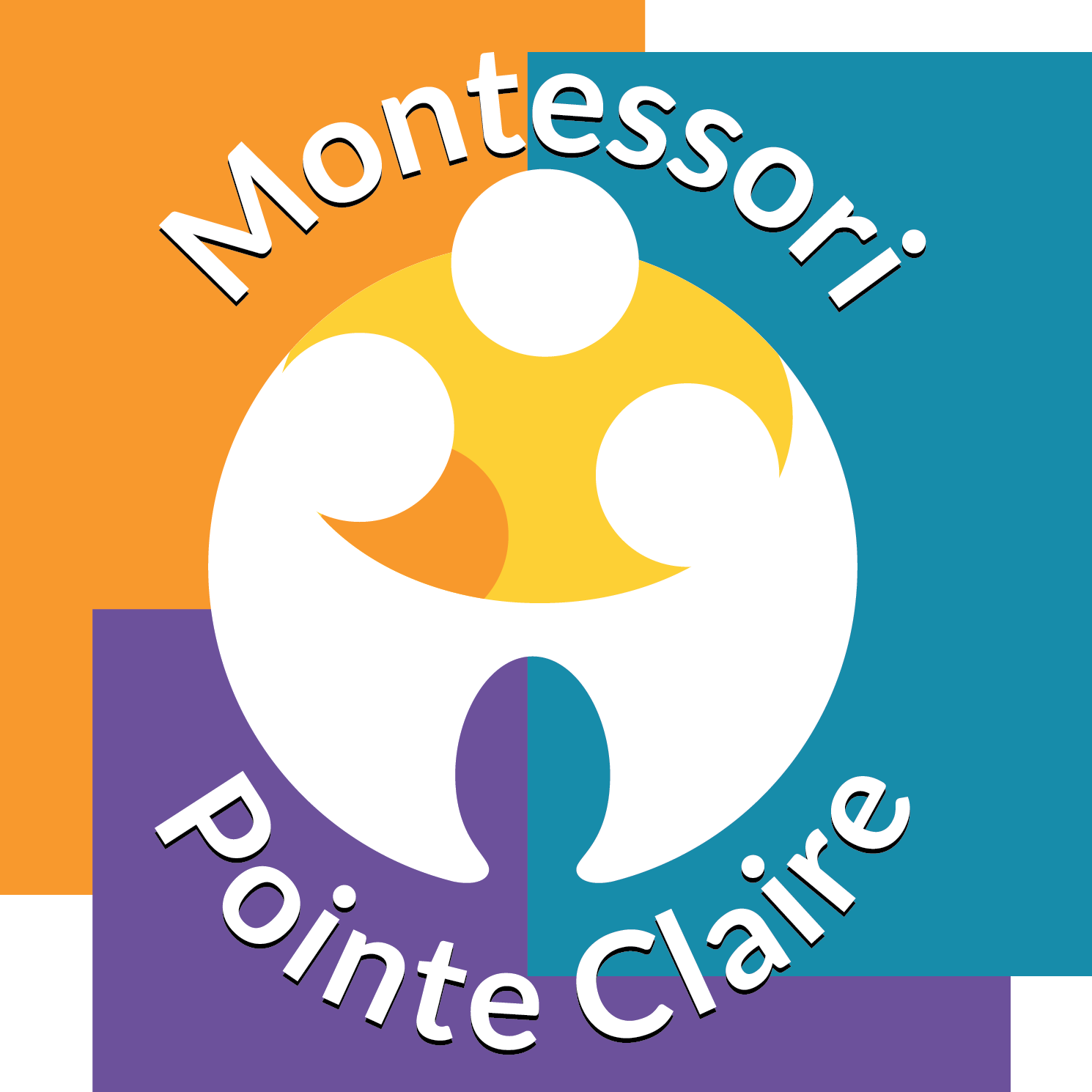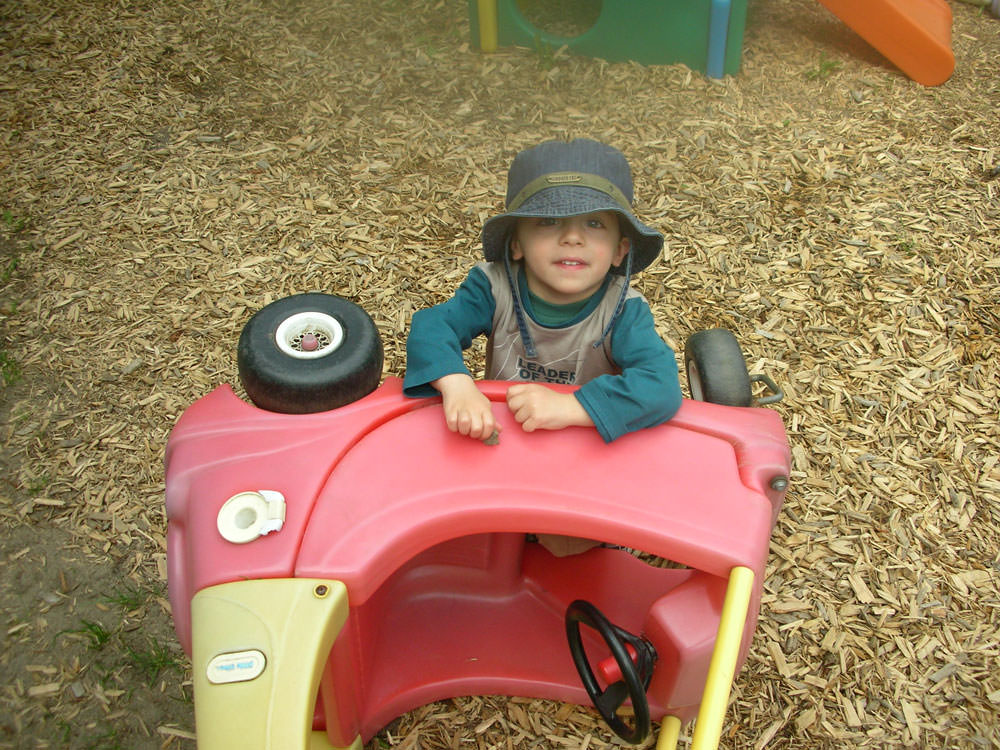Our program for ages 14 to 35 months focuses on providing a social and friendly environment where children learn according to the Montessori principle of using a child’s own curiosity to guide his or her learning.
Children are divided into the following age groups in separate classrooms: 14 to 24 months, and 24 to 35 months. It is guaranteed that the child will have an interesting, enjoyable, and productive day.
Learn More About Our Curriculum
In this group there is an overlap of academics and other skills. For example, while we are doing the practical life activity of “washing the baby dolls”, we can also be learning vocabulary in English and French. Every activity is also approached in each child’s unique way. Children are allowed freedom of movement, for example, you can do your puzzle standing up or sitting down or you can move to another table and participate in a new activity. There is also materials that are exclusively used for ages 2 and up, as the children possess a higher understanding and abilities.
Letters/vocabulary
- Letter recognition
- Saying the alphabet
- Learning the sounds of the letters (phonetics)
- Associating letters with specific words
- Learning the letters in our names
- Learning through songs and music
- Matching games, puzzles
- Activities to promote expression and speech
Sensory Exploration
- Our classroom has a sensory area where activities are changed daily
Numbers
- Counting
- Understanding number values (what is two?)
- Arranging objects by size
- Sequence cards
- Building activities
Science
- Exploring nature outdoors
- The Science Gal science experiments
- Learn more about plants and animals
- Planting and cooking activities
- Learning about healthy food
We provide the children with multiple activities designed to foster the child’s imagination and creativity. According to Maria Montessori, each child has a “sensitive soul” that helps him become a developed individual. Studies also clearly demonstrate that there are links between creativity and problem solving ability.
Music
- Lessons once a week given by our music specialist
- Musical activities in class with our teachers including singing and dancing
- Creating our own orchestra
- Hearing different types of music during our theme weeks
- Special events with professional musicians
Crafts
- Art program activities designed to maximize the child’s involvement
- Exploring with different art media (e.g., crayons, paint, playdough, etc.)
- Crafts with our teachers to decorate our classrooms
- Crafts to bring home for special occasions (e.g., mother’s day)
- Exploring the science of art (e.g., mixing colours)
Theater
- Puppet shows with our own puppet theatre and puppets
- Imaginary play with our dress up box
- Creative pretend play days (e.g., funny hat day)
- Special events with professional theatre groups (children’s puppet shows or plays)
Movement is a vital component of brain development. Through non-competitive activities the children are encouraged to be physically active and learn how to be in control of their movements.
Music and Movement
- Games with balls, hoola hoops, balloons, scarves, etc.
- Musical games
- Games to promote development of gross motor skills
Playground Activities
- Games with playground cars and trucks and other toys
- Sand play
- Interacting with our friends outdoors
- Games with our teachers to promote gross motor skills and social skills (e.g. parachute play)
Optional Activities
You may register your child for these programs, there is an additional fee
- Yoga
- Theatre
- Karate
At Montessori Pointe Claire, with the help of their teachers, the children become autonomous. They are not afraid to do things for themselves, to ask for assistance when necessary, and equally important, they have learnt to help others.
Social Skills
- Learning how to get along with other children
- Learning to be independent (including separating from parents, and learning to do things for ourselves)
- Being able to wait for our turn
- Learning to share
- Becoming confident
- Learning to ask for a teachers assistance if needed
- Learning how to be a helper
- Learning how to follow instructions
- Learning to watch a performance
- Learning the limits of our behaviour

